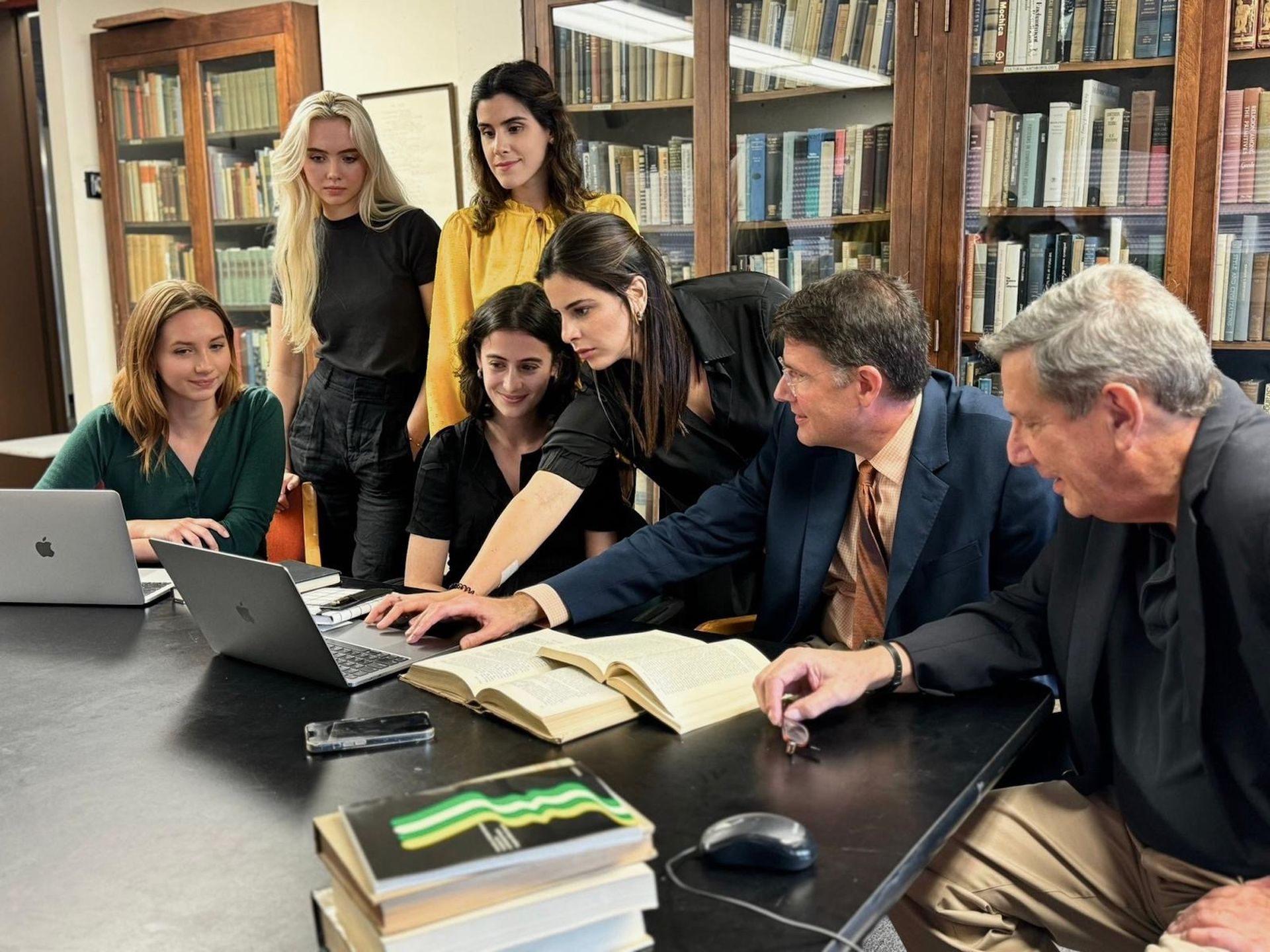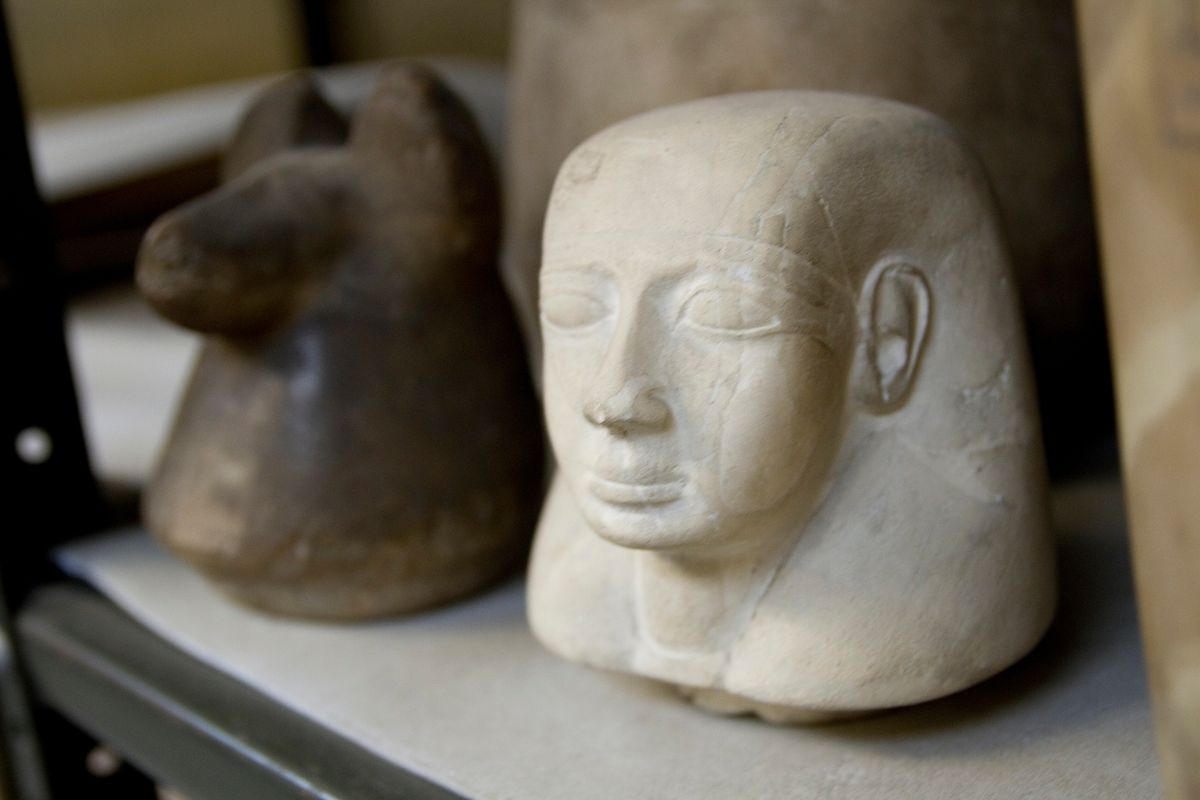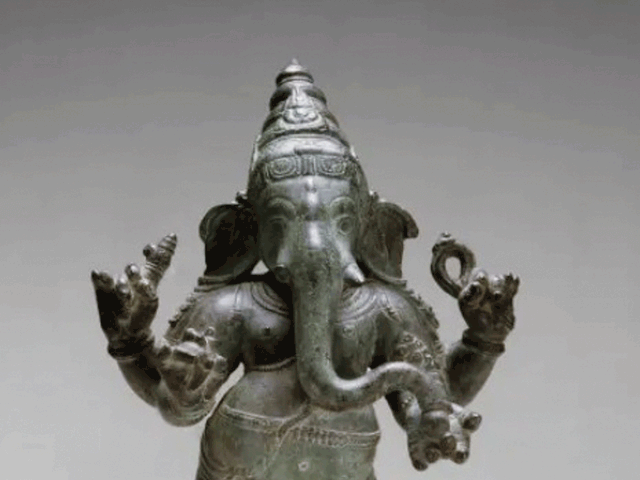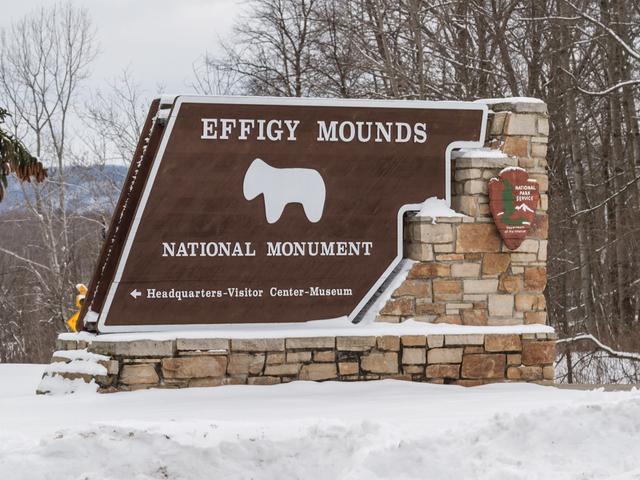As calls for the restitution of looted objects spread across the industry, the Penn Cultural Heritage Center (PennCHC) at the Penn Museum in Philadelphia is launching a study that will examine collecting policies and practices at US museums and encourage transparency and accountability in the sector. Launching today (29 October), the “Museums: Missions and Acquisitions Project” (dubbed M2A Project for short) will study over 450 museum collections to identify current standards and establish a framework for institutions to model their future practices.
“There have been many discussions about the generational shift in museums that is triggering conversations on ethics, as well as a groundswell of early-career professionals who know something needs to give,” says Brian I. Daniels, the PennCHC’s director of research and programmes, and the M2A Project’s principal investigator. “It’s time for us to push forward on research that takes stock of collecting practices and plants the seed for the transformation that’s required in the sector.”
The PennCHC has been supporting ethical collecting since its founding in 2008, including working closely with local communities in countries around the world to identify and preserve their cultural heritage. “US museums have historically acquired objects that were removed from these countries illegally or through pathways now considered inequitable,” says Richard M. Leventhal, the executive director of the PennCHC and co-principal investigator for the M2A Project. “The M2A Project is asking a very simple set of questions about these types of objects: Are US museums still acquiring them? And if so, why? Recent seizures of looted property and calls to decolonise collections force us to reconsider whether acquisitions best serve the missions of museums and the interests of their communities.”
The M2A Project evolved from the PennCHC’s Cultural Property Experts on Call Program that launched in 2020 in partnership with the US Department of State’s Cultural Heritage Coordinating Committee to protect at-risk cultural property against theft, looting and trafficking. Through this programme, the PennCHC collaborated with more than 100 museums and universities to study and document the trade in illicit artefacts.
“We realised that we are sitting on a rich dataset,” Daniels says. “After years of seeing where illegal imports were going, identifying collecting problems and understanding the intellectual needs of museums and their audiences, we realised the PennCHC is particularly equipped to look at the future of collecting.”
Funded by a $1.1m National Leadership Grant from the Institute of Museum and Library Services (IMLS), the M2A Project will include one-on-one interviews and workshops with stakeholders at US museums. The team will also survey existing information, such as tax documents. They expect their methods to evolve as research develops and they better understand the current state of collecting and identify areas in need of further investigation.

From left to right: Penn Cultural Heritage Center staff, including administrative coordinator Corinne Muller (seated, far left), research analyst Soleil Hawley (standing), administrative assistant Noor Shihabeddin (standing), research coordinator Kayla Kane (seated), research analyst Daniela Tanico (standing, center), director of research and programmes Brian I. Daniels (seated, right) and executive director Richard M. Leventhal (seated, far right). Other PennCHC project staff (not pictured) include: research analyst Alyssa Thiel, graduate student research assistant Stefano Andronio, graduate student research assistant Hakimah Abdul-Fattah, work-study assistant Maggie Yuan, intern Emily Jeong and intern Julia Orientale Photo: Penn Cultural Heritage Center at the Penn Museum
Many of the institutions in the study, which includes art, archaeological and ethnographic museums, have had long relationships with the PennCHC and are already interested in confronting issues of ethical collecting. The M2A Project will provide a framework to deepen and align these partnerships and ongoing research. This work will help institutions communicate what ethical ownership looks like within the field and how to share this message with museum audiences.
“The question we hear most often from colleagues is how to get organisations to have uncomfortable conversations,” Daniels says. “These conversations may be happening internally, or at a philosophical level externally, but they are not happening in a way to evolve as a field. This project isn’t to create ‘gotcha’ moments, but rather to recognise that museums are at an inflection point.”
The team plans to host workshops and panels to share information as research evolves and will publicly publish its findings online by 2027. This work will benefit institutions across the nation and guide workers, leaders, grant makers and policymakers on what strategies could be implemented or investigated further. It will also inform further studies on how the issues impact the entire cultural sector and how museums can support ethical collecting by working together.
“The PennCHC is an important partner in our proactive approach to collections practices: how we acquire, steward and repatriate cultural objects,” says Christopher Woods, the director of the Penn Museum. “The M2A Project will provide much-needed baseline information about collection practices that will serve as a future guide to help these museums address the cultural heritage in their care in a more ethical manner.”
The Penn Museum found itself at the centre of many debates about collecting practices and stewardship in 2021. In spring of that year, the museum recommended repatriation and reburial of more than 1,000 human skulls in its collection. Later that year, an independent report condemned the University of Pennsylvania, the museum and two of its anthropologists for “extremely poor judgment and gross insensitivity” in the handling of human remains of victims of a police bombing and the ensuing fire in Philadelphia in 1985.




